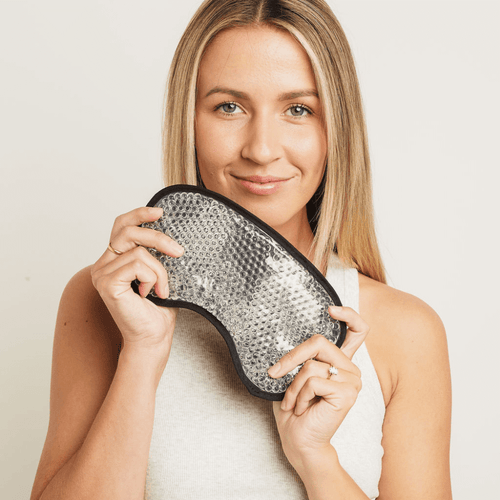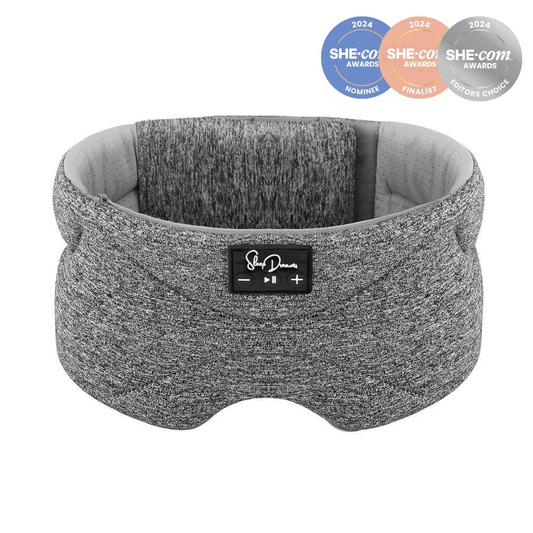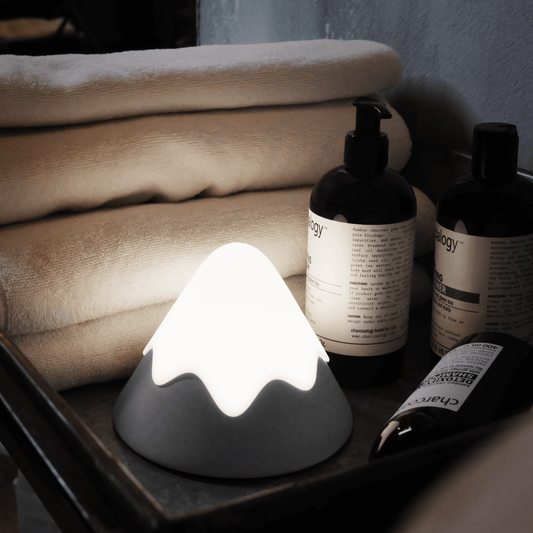Many women suffer from sleep problems during menopause. In fact, research has shown that almost 80% of women going through menopause have some difficulty sleeping. So, what's the deal? Why does menopause make it so hard to get a good night's sleep? Let's take a closer look.

There are a few reasons why sleep can be more elusive during menopause. First of all, hormonal changes can cause hot flashes and night sweats, which can make it difficult to fall asleep and stay asleep. Secondly, anxiety and stress levels tend to be higher during menopause, which can also lead to insomnia. And last but not least, many women find that they are simply not as tired as they used to be, making it harder to drift off to dreamland at the end of the day.
What Is Menopause?
Menopause is a time in a woman’s life when she stops ovulating and her menstrual period ends. For some women, this transition happens more smoothly than others. Menopause can be disruptive, causing sleeplessness, hot flashes, anxiety, and other symptoms.
So, what can you do to get better sleep during menopause?
1. Make sure your bedroom is cool and comfortable.
Consider using a fan or air conditioner to keep things cool at night. During menopause, your body temperature changes which can cause hot flashes and night sweats—two things that make it tough to doze off. To keep cool at night, set your thermostat to 65 degrees or lower and use lightweight sheets made of natural fabrics such as cotton or silk. Also, dress in loose-fitting clothing to bed and avoid spicy foods or caffeine before bedtime as these can lead to hot flashes.
2. Establish a regular bedtime routine
Make sure you include winding down for at least 30 minutes before you turn in for the night. Avoid watching television or working on the computer in bed.
3. Keep a journal by your bedside
Jot down any worries or concerns that are keeping you up at night. Writing them down will help you release them and hopefully allow you to sleep more peacefully. Also a sleep diary can help you pinpoint patterns and things that may be affecting your sleep quality. For example, if you notice that you have difficulty falling asleep on nights when you ate a late dinner or drank alcohol, then you’ll know to avoid these activities before bedtime.
4. Practice some relaxation techniques
This could be as simple as deep breathing or progressive muscle relaxation. Stress is one of the most common causes of insomnia during menopause. Make sure you manage your stress levels.
5. Talk to your doctor
They might be able to advise about possible treatments such as hormone therapy or low-dose antidepressants, which can sometimes help with sleep issues during menopause.
6. Get moving!
Exercise during the day can help reduce stress levels and promote better sleep at night. Just make sure you don't work out too close to bedtime or you may have trouble falling asleep!
7. Cut back on caffeine and alcohol consumption
Especially in the evening hours. This one goes without saying but sometimes that glass of wine can be all too tempting.
8. Get your bed setup right
Invest in a good mattress and pillow that will support your body and help you feel comfortable at night. To support with your temperature changes we recommend looking into silk bedding or be on the lookout for bedding with cooling strips.
9. Try some natural supplements
Such as chamomile tea or magnesium before bedtime.
10 And finally, don't despair!
Many women find that their sleep patterns eventually return to normal after menopause is over. Just hang in there and try your best to get some rest!
Many women suffer from sleep problems during menopause due to hormonal changes, anxiety, stress, and other factors. But there is hope! By following some simple tips like those outlined above, you can improve your chances of getting a good night's sleep during this challenging time in your life.




















